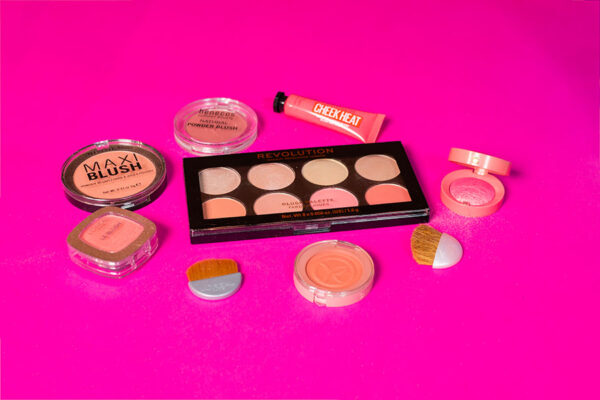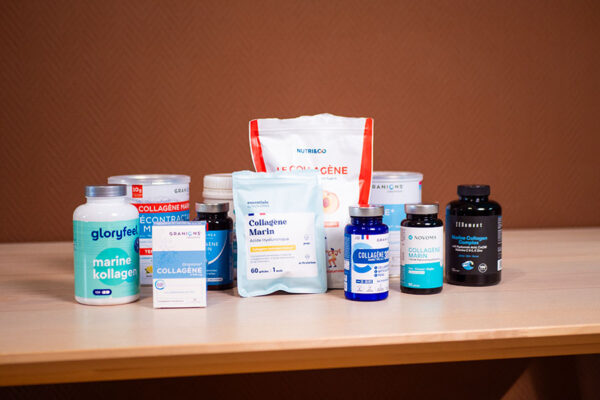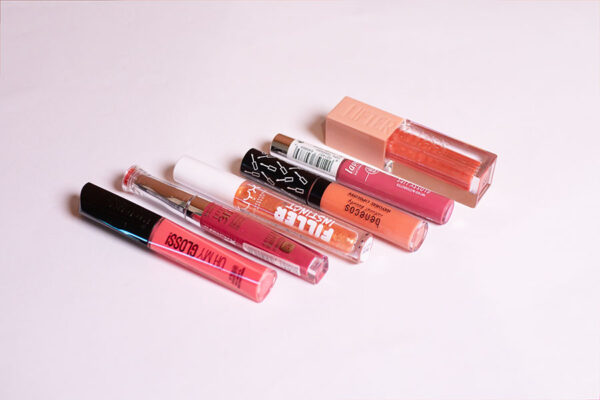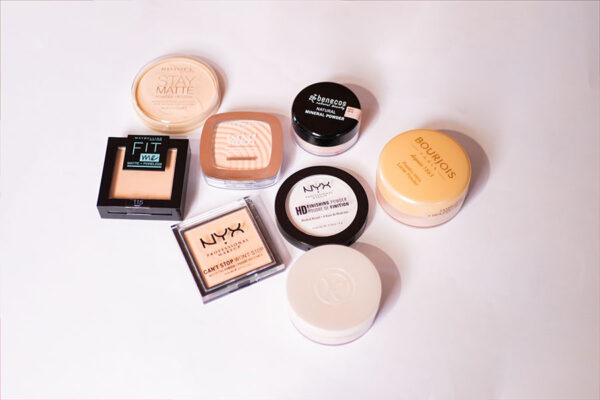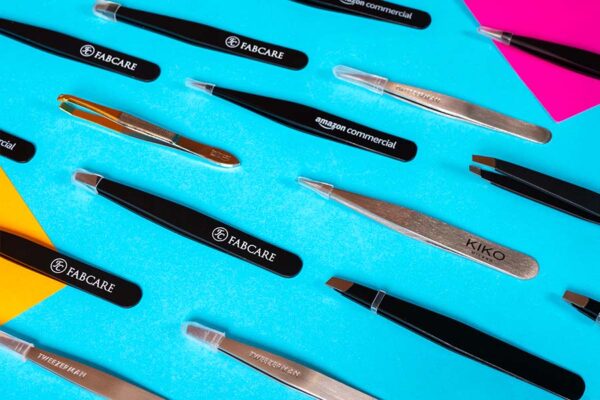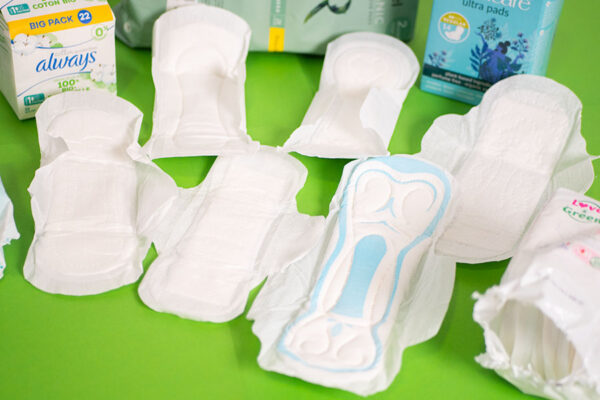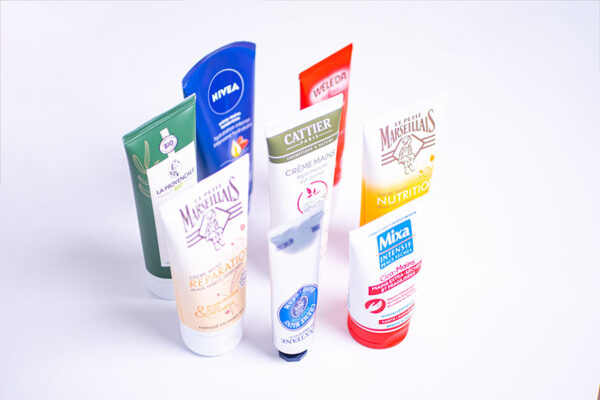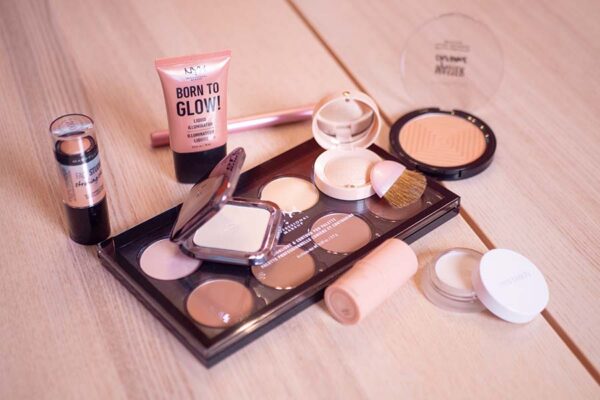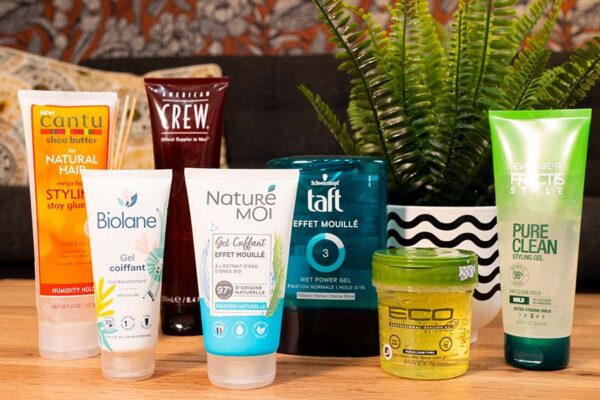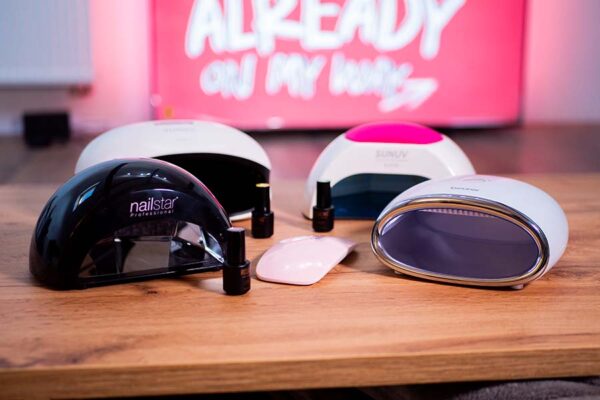Posted on 29 August 2022
Lavera Sensitive (250 ml)
It’s the best organic shampoo we have tried so far. It leaves the hair very soft, and the scalp stays cleaner for longer than most other natural products we have tried.
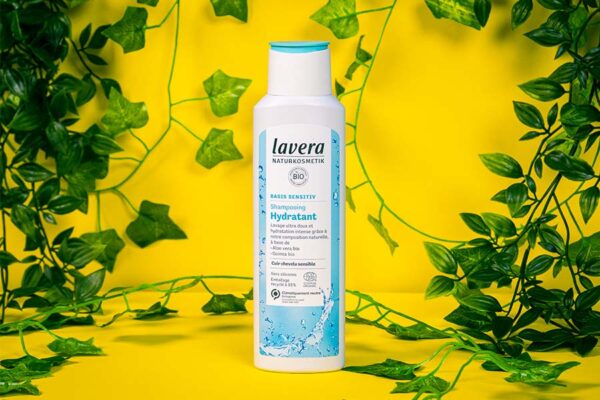
Certified organic by the Ecocert label, this moisturising shampoo is particularly suitable for sensitive scalps, but also all hair types. In our tests, we found it to have good consistency and excellent foaming power. Other than that, we have very little to complain about. It has a slightly peculiar smell, but it doesn’t linger in the hair. In terms of efficacy, we found it to be by far the best of all the natural and organic shampoos we have tried, and this is on all hair types, short and long. The only negative point we have is the fact that the packaging lets a lot of products out at once. Therefore, it is recommended to press gently to reduce the amount of product that comes out.
Propolia (200 ml)
This very gentle family shampoo respects fragile hair and soothes the scalp while having moisturising properties. Its volumising effect is effective and its discreet scent is very pleasant.

This product was voted the best organic shampoo in 2015, and it hasn’t lost any popularity since. And for a reason: it is perfect for family use while respecting fragile hair, giving it volume, suppleness and shine! It also has a very respectable composition and its fragrance has been highly praised by users.
Cattier Yogourt (250 ml)
Suitable for all hair types with frequent use, it makes your hair supple and shiny while nourishing it. Its pleasant texture and fresh scent seduce many users.

This shampoo, certified by the Ecocert emblem, offers a washing treatment enriched with yoghurt and essential oils, which will bring suppleness, softness and shine to your hair. Its fresh scent and texture are pleasant, but its composition (although not bad) is not the most exemplary of all.
Our selection
| Our choice, Best budget | Best mid-range | Best high-end |
|---|---|---|
 |  | 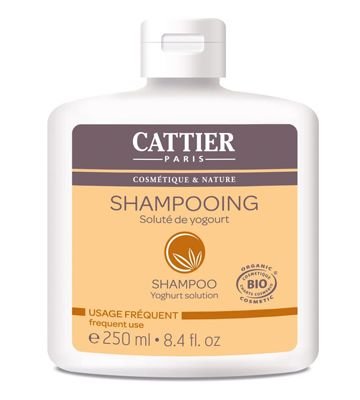 |
| Lavera Sensitive (250 ml) | Propolia (200 ml) | Cattier Yogourt (250 ml) |
| It's the best organic shampoo we have tried so far. It leaves the hair very soft, and the scalp stays cleaner for longer than most other natural products we have tried. | This very gentle family shampoo respects fragile hair and soothes the scalp while having moisturising properties. Its volumising effect is effective and its discreet scent is very pleasant. | Suitable for all hair types with frequent use, it makes your hair supple and shiny while nourishing it. Its pleasant texture and fresh scent seduce many users. |
Honorable mentions
Urtekram (£9.02 / 500 ml upon publication): an alternative for blonde hair. This Danish brand is starting to make a name for itself, especially in many organic supermarkets. This version for blonde hair is composed of chamomile flowers and wild chamomile essential oil, with lightening properties. Gentle, it gives dynamism and shines to your hair and its lather is quite consistent.
LOGONA Naturkosmetik Age Energy (£10.80 / 250 ml upon publication): ideal for all the family. This family-friendly shampoo for all hair types provides shine and softness. Based on organic nettle, which gently cleanses, it also contains silk protein and wheat to reinforce shine. Its fresh scent is pleasant, and its composition is certified by the Natrue seal. It also has biocaffeine and anti-hair loss effects.
Cosmo Naturel Frequent Use (£26.21 / 250 ml upon publication): for everyday use. Suitable for frequent use (although we do not recommend it), this shampoo is certified by the prestigious Nature & Progrès label. Appreciated for its highly foaming gel texture, it leaves hair soft and shiny. Its composition is also very concentrated, so it can be used in small quantities to obtain optimal and economical results.
Why trust us ?
Selectos compares and tests hundreds of products to help you buy better. We sometimes receive a commission when you buy through our links, which helps fund our work. Learn more
How to choose your organic shampoo?
Faced with the many controversies and issues surrounding the world of cosmetics, as well as the concern for the environment, more and more people are turning to 100% cosmetic products.
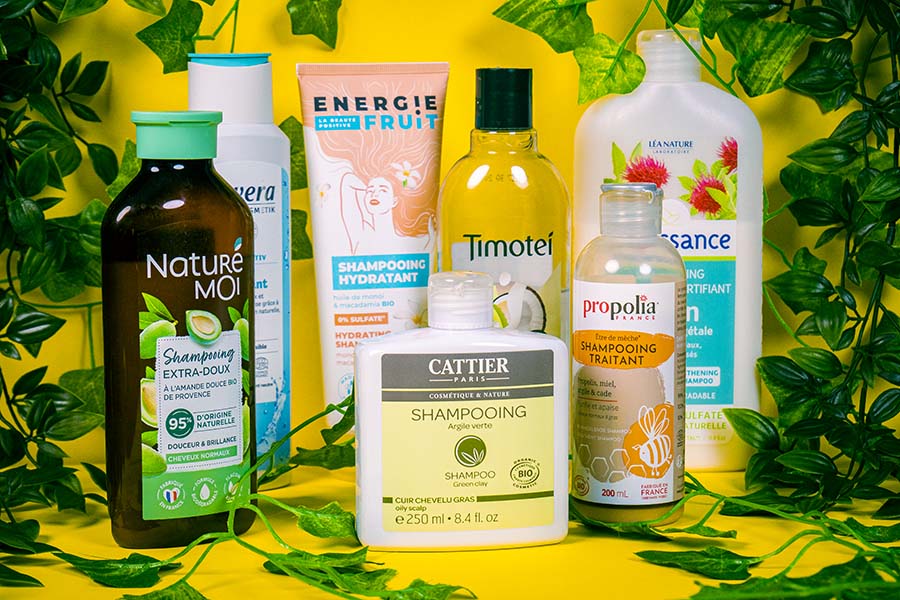
But the transition is not always easy, and your hair will need some adaptation time. When we switch to organic shampoo, we say bye-bye to silicones and our hair shows its true colours. Even so, you will go through a couple of weeks where your hair will seem drier and more brittle.
Before making a choice, we feel it is essential to differentiate between organic shampoos and so-called “natural” ones:
- Natural shampoos: in addition to the organic labels, some organic cosmetic badges guarantee that the products are of natural origin, but, depending on the label, they only contain 80, 70 or even 0% organic products. These are the so-called “natural origin” products. And even if the product is 100% natural, there is nothing to prevent, for example, a product incorporating plants that have been chemically treated, as it is not labelled organic.
- Organic shampoos: organic shampoo cannot be considered as such unless it has the label or emblem that certifies it.
In order to know what to look out for when buying an organic shampoo, we have identified 3 criteria that we consider essential to judge its quality:
- The label: there are many of them, but not all of them represent the same thing. Among those to look for is “Nature et progrès”, which guarantees a product with a 100% organic composition. Others that guarantee at least 95% organic ingredients are Natrue, Ecocert, or Cosmebio, among others.

- The composition: among the components of organic shampoo, you will find water, organic active ingredients (organic keratin…) and organic fatty elements (vegetable oils). But sometimes you will find other more surprising elements, such as essential oils or perfume. Check the composition of each product, because even if it comes from organic farming, it could also irritate.

- The type of care: it is very important, as with classic shampoos, to choose a care product adapted to the style or type of your hair.
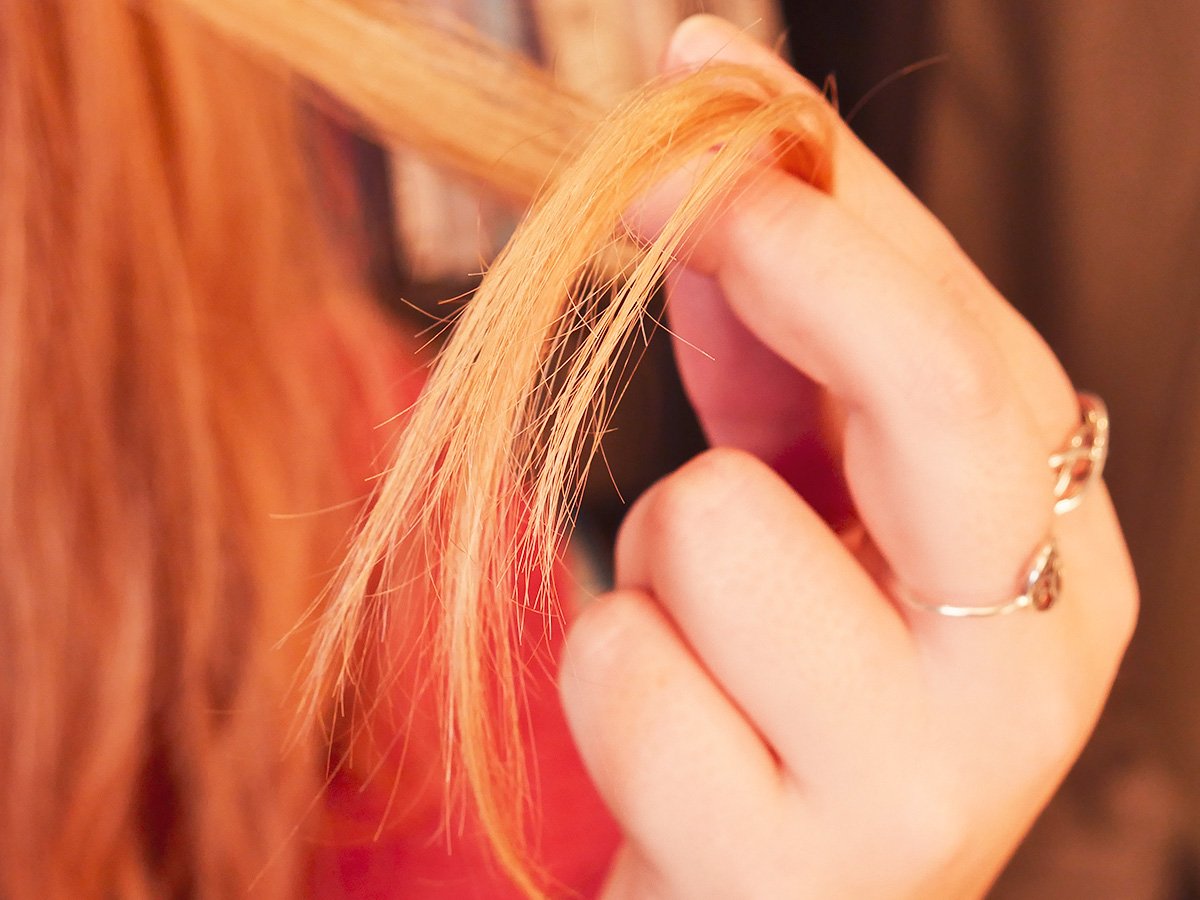
How did we test?
To properly evaluate the natural and organic shampoos, we took the time to use each one for several weeks. In this way, our scalp had time to adapt to each shampoo change. In addition, each of the products was tested by several of our editors: short hair, long hair, normal to greasy, dry, damaged…
At the same time, we judge its efficacy, fragrance and texture, but also the practicality of its packaging (fast flow, easy to open/close cap, airtight…). Finally, we examine its composition, paying particular attention to the presence of sulphates and possible allergens.
Other shampoos tested
Naturé Moi (£6.88 / 250 ml upon publication): it’s useless… After testing it for several weeks, our hair did not stay clean with this natural, sulphate-free product. The scalp remained oily no matter what we did. In addition, the rest of the hair was very dry. In short, we can only advise against it.
Energie fruit (£3.29 / 250 ml upon publication): a shampoo that does not suit all hair types. Three of our editors tested this product to compare its effects. Unfortunately, the results were very mixed. One of our testers said it was effective and moisturising after the third use, but for the others, their hair was not even properly cleansed, increasing the level of hair grease. Also, the composition is far from perfect and it tends to run too much (even with the cap closed).
Natessance Fortifying Repairing (£14.98 / 250 ml upon publication): the worst we have ever tried. Tested by 3 different people, this shampoo either did nothing, further greasing the scalp, or created knots as we’ve never had before. Also, the brand touts that it is natural and sulphate-free, but it still contains several allergens, titanium dioxide, quaternary ammonium and more. We strongly advise against it, regardless of your hair type.
Timotei Purifying (£8.24 / 400 ml upon publication): very ineffective. In our tests, we had to wash our hair twice for the shampoo to work, and even then it was still a bit greasy. This led to it being excluded from our selection, especially after finding out that it contains sulphates. On the plus side, it has a pleasant aloe vera and coconut scent, as well as very good foaming power.
Translated by Ramsés El Hajje




